Voices of the Grain Trade
Our volunteer interview teams in Thunder Bay and Winnipeg did their best to collect voices reflecting all major facets of Canada's international grain trade. As a result, you will find interviews with farmers, researchers, plant breeders, company owners, and railway employees blended in with the stories of grain handlers, inspectors, lake shippers, regulators, builders, marketers, and many more. Our voices are spread from Quebec City to Victoria, with the highest concentrations being from Thunder Bay and Winnipeg.
Through Library and Archives Canada's Documentary Heritage Communities Program, Friends of Grain Elevators has now been able to transcribe and upload all Voices interviews to this website and to Lakehead University's archives. If you have any questions or comments about the collection, please contact us with your thoughts!
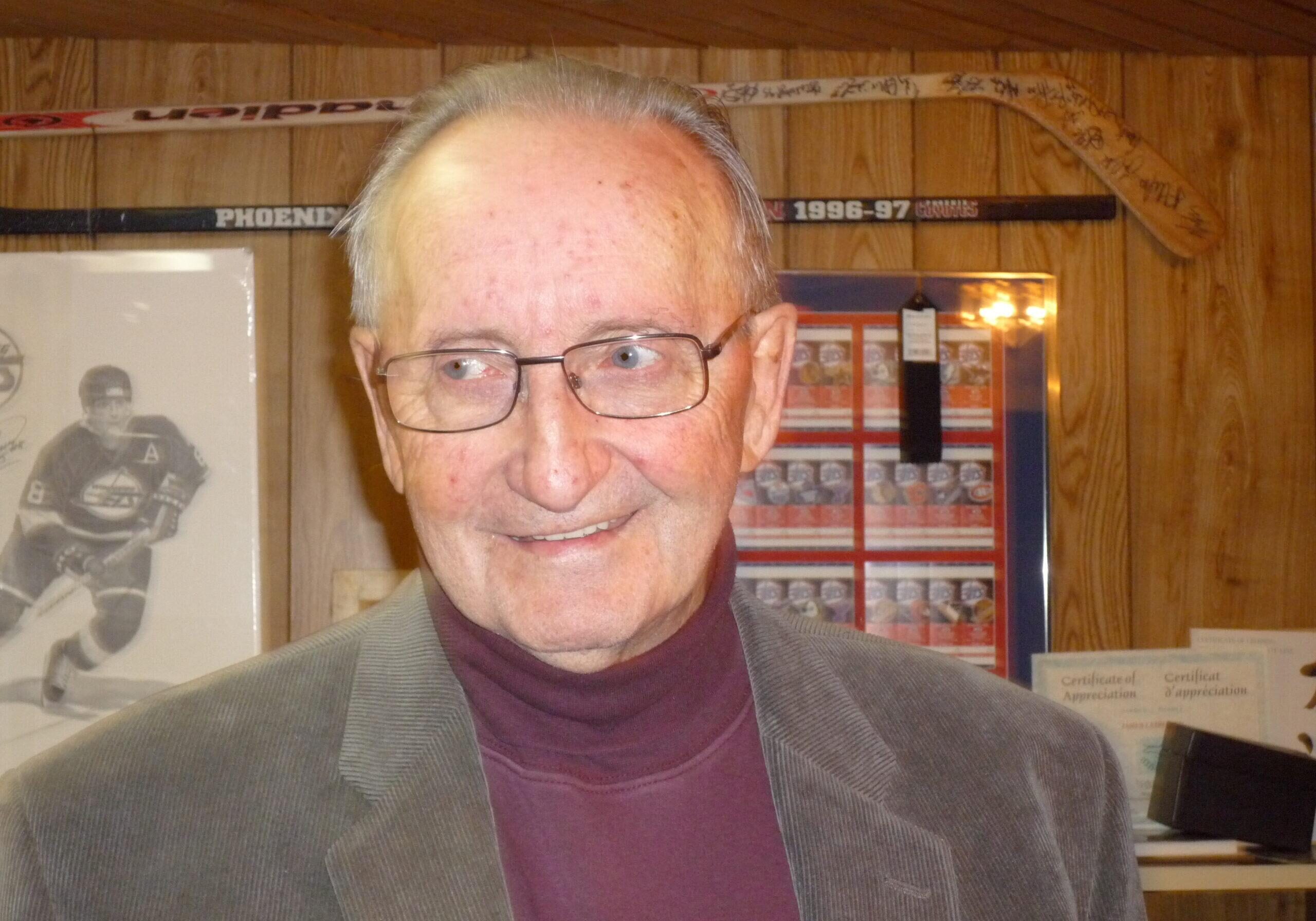
James Leibfried
Commissioner: Canadian Wheat Board
James Leibfried tells about his vast experience in the grain industry over the course of two interviews. In the first interview, Jim discusses the first half of his career, starting in positions within the USDA. His interest in international wheat agreements and different global grain systems led him to consider a position with the Canadian Wheat Board as its first economist. He was involved in many major programs and projects with the CWB, such as securing the first Russian grain deal, designing the block shipping system, and sitting in on the Kennedy Round of GATT negotiations.
In his second interview, Jim surveys his many roles in the industry after his time as commissioner with the CWB. He conducted studies for the Grain Transportation Agency, taught at the University of Saskatchewan, advised on US-Canada free trade agreements, sat on the Western Grain Marketing Panel, and travelled with the World Bank on grain-related missions. From all his travel and experiences, Jim praises the Canadian Wheat Board and Canadian grain industry for its spectacular global reputation.
Snippet
Full Interview
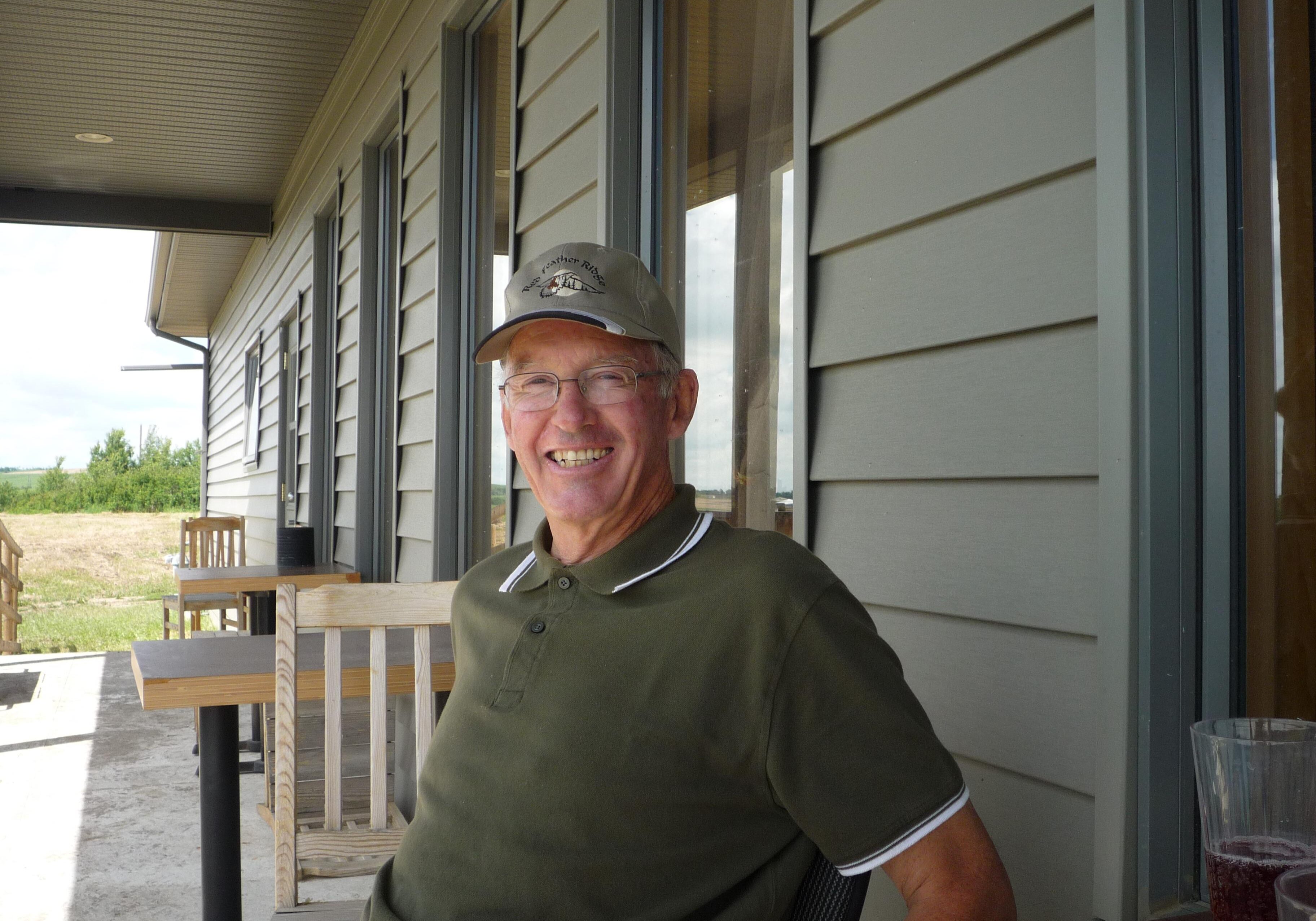
Doug Livingstone
Farmer, Board Member, President: Alberta Wheat Pool
Doug Livingstone grew up on a cattle ranch, and he eventually began work as a board member in Alberta Wheat Pool. He climbed the ranks there until eventually serving as president. Doug discusses different cities relationships with the elevators; some people were very loyal to the elevators, whereas others viewed them negatively. He also explains why the Canadian industry is so complex; compared to Australia with 90 miles of rail to port, Canada has 900. Mr. Livingstone also gives his opinion on the current elevators and how they handle business.
Snippet
Full Interview
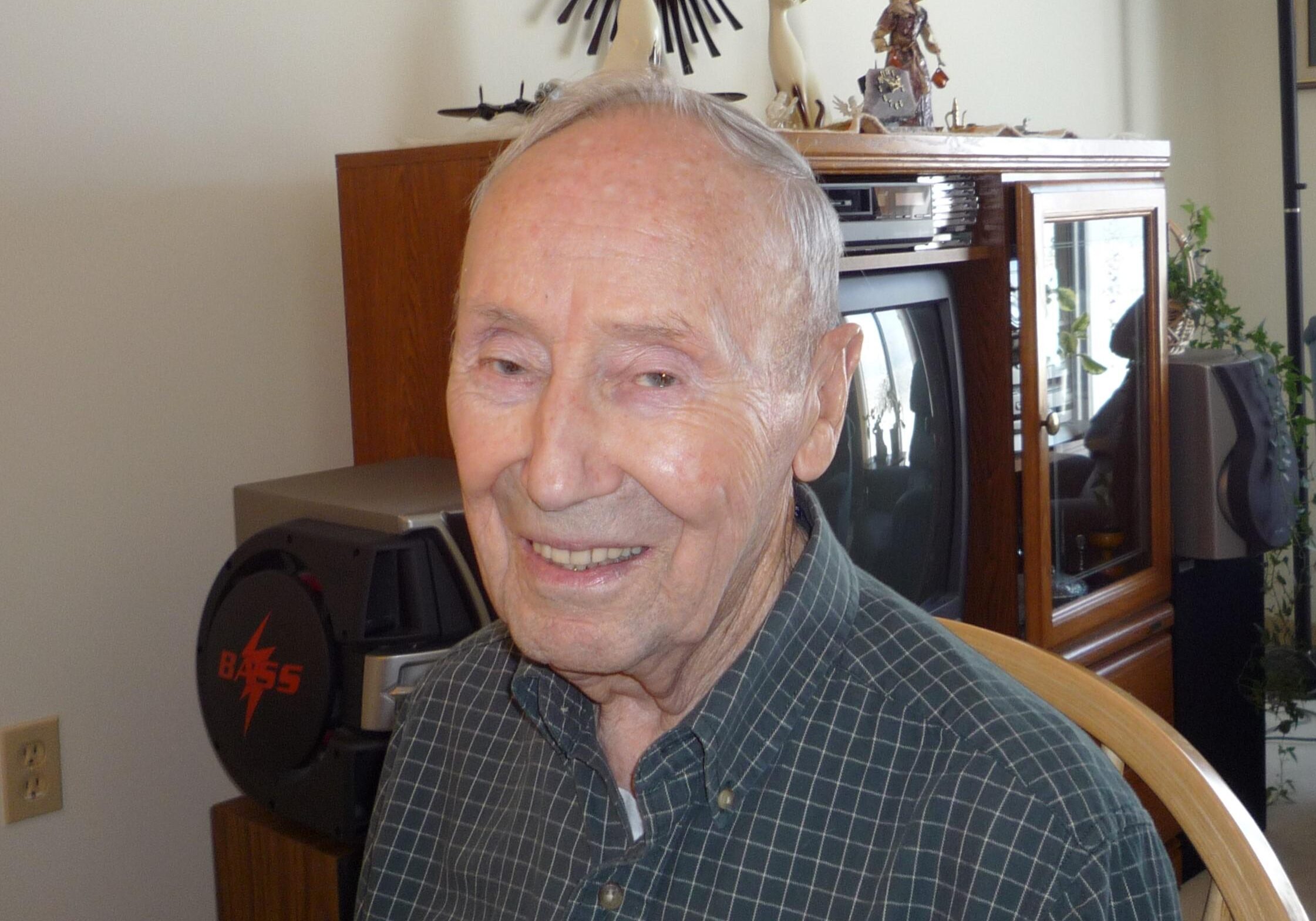
Jack Lourie
Grain Inspector: Canadian Grain Commission
After his service in Canadian Air Force during the Second World War, Jack Lourie applied to the Canadian Grain Commission's inspection division. He started out as a sampler in the car sheds, working his way up to a chief grain inspector. Jack describes the reliance on visual inspection for grading grain, assisted by various machines in the inspection office, and the constant exams that kept an inspector's skills up-to-date. Jack also remembers his favourite elevators to work at across the Thunder Bay waterfront.
Snippet
Full Interview

Linda Luszczak
Process Manager: Ogilvie Flour Mills/Industrial Grain Products
Armed with a degree in chemistry, Linda Luszczak searched for a local position in her field that wasn't related to healthcare. She found an open position as a lab technician in Ogilvie Flour Mills/Industrial Grain Products' quality assurance lab as one of the first two women in the lab. She describes in detail the plant's processes of separating starch and gluten from wheat flour, as well as her role in quality assurance to ensure a consistent product. As a manager, Linda worked through the plant's ownership changes and the challenges it faced due to increasing prices of flour and transportation. Linda fondly remembers the "good old days" of a bustling, industrial Thunder Bay, and she laments the downturn in processing/production jobs for the younger generation.
Snippet
Full Interview
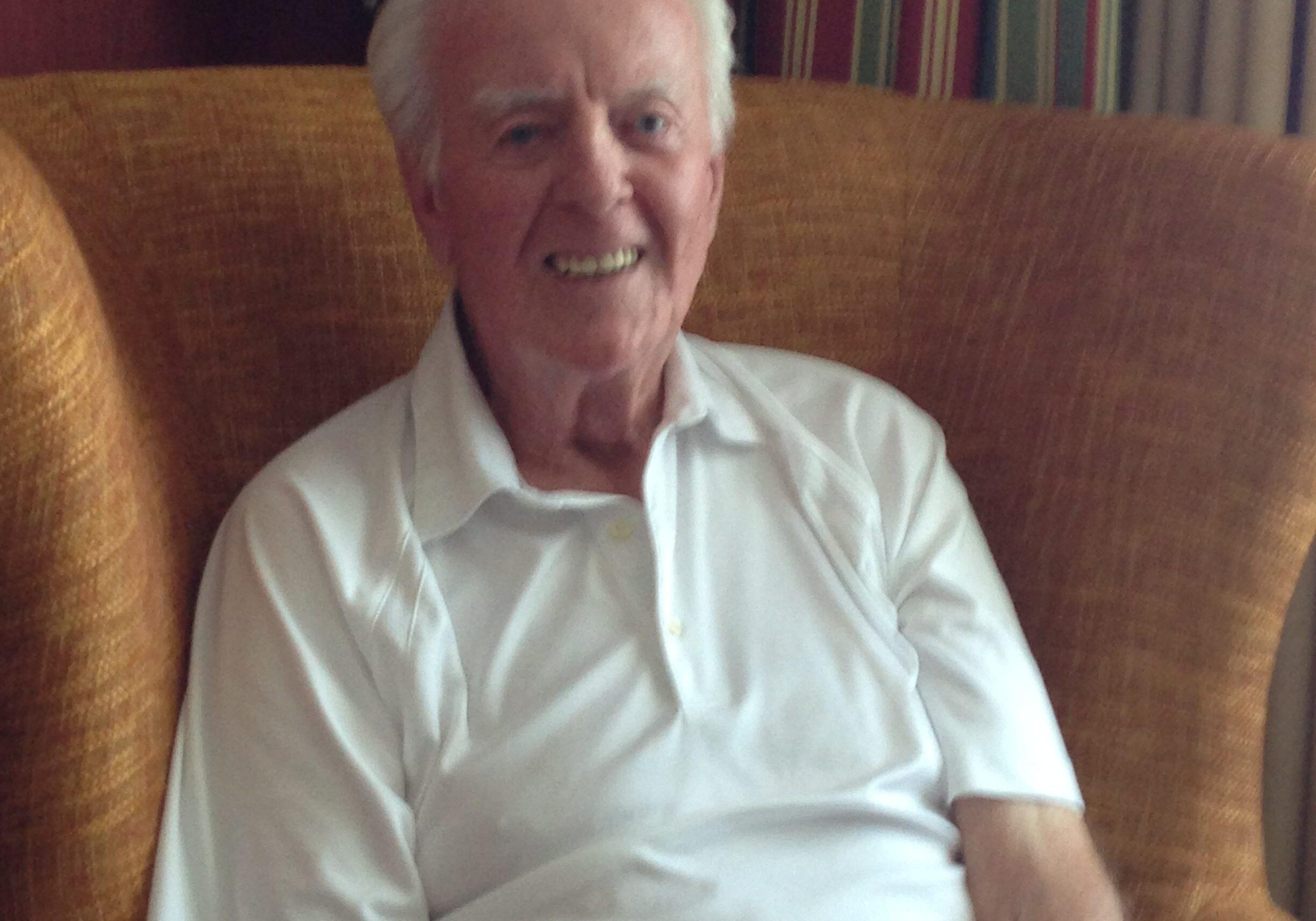
Angus Macdonald
Grain Inspector
Angus Macdonald was born in 1937, and turned down a university offer to work in the elevators. Eventually he worked as a grain inspector in Vancouver. He tells the story of how and why his dad came to Canada, who also worked in the elevators and led Angus to a job there. He discusses the changes to the inspection system; for instance, he was not trained at all when he began, but soon after the elevators began rigorously training new hires. Angus definitely enjoyed the work a great deal, and he speaks very highly of the job.
Snippet
Full Interview

James Macdonald
General Manager of Terminal Operations: Saskatchewan Wheat Pool
James MacDonald moved to Thunder Bay from Terrace Bay as Saskatchewan Wheat Pool's first personnel manager for their terminals. James was immediately challenged by the scope of the job, juggling labour and union issues for multiple terminals on the waterfront. As conditions in the elevators improved, James moved to Winnipeg, eventually becoming general manager of terminal operations for both the east and west. In his continued work with labour relations, James committed himself to improving the efficiency of the organization for the benefit of the farmer owners on the Prairies, wanting their investments to be put to the best uses.
Snippet
Full Interview

Rod MacKay
Grain Inspector Assistant: Canadian Grain Commission
Rod MacKay is the third generation of his family connected to Thunder Bay's grain trade. His grandfather worked on the construction crew of the Grand Trunk Pacific Elevator, his father was a millwright for Paterson Elevator, and he became a grain inspector assistant for the Canadian Grain Commission. Rod describes the responsibilities of a government inspector, and he focuses on his favourite part of the operation--overseeing ship loading. Rod put his inspection skills to use across the waterfront, and even in the terminal at Churchill, Manitoba. Throughout his interview, Rod shares stories of shenanigans at the elevators, and he stresses the importance of the CGC's role in overseeing weighing and inspection. After his retirement from the CGC, Rod shares his continued career in the grain industry as an annex man for the Western Grain By-Products.
Snippet
Full Interview

Jack MacMillan
Grain Labourer: Manitoba Pool Elevators
Jack MacMillan worked at Manitoba Pool terminal elevators during his summers as a student, but his connection to the grain trade goes back to his father, who worked his way up the elevator ranks to become superintendent of Pool 2 and Pool 9. Along with details of his various positions through the years, Jack's interview gives a deep insight into the working culture of the elevator--the mostly immigrant workforce, social activities on and off the job, alcohol use, and the dusty and dangerous conditions. Jack was also a member of the inter-elevator hockey league, another way the elevators could compete against each other in the waterfront.
Snippet
Full Interview

Wally Madill
CEO: Alberta Wheat Pool
Wally Madill was raised on a farm in Alberta, and grew up to take a degree in agriculture before a long career at Alberta Wheat Pool. He discusses the status of farmers in Alberta during his time, and what factors led to them desiring their own cooperative elevator system. Mr. Madill was sent to various different cities throughout his career; he describes what he learned in Winnipeg, the cold of Thunder Bay, and his experiences in Vancouver. Wally’s career at AWP was long as dedicated; he worked there for the majority of his career until he became CEO from 1969-1989.
Snippet
Full Interview
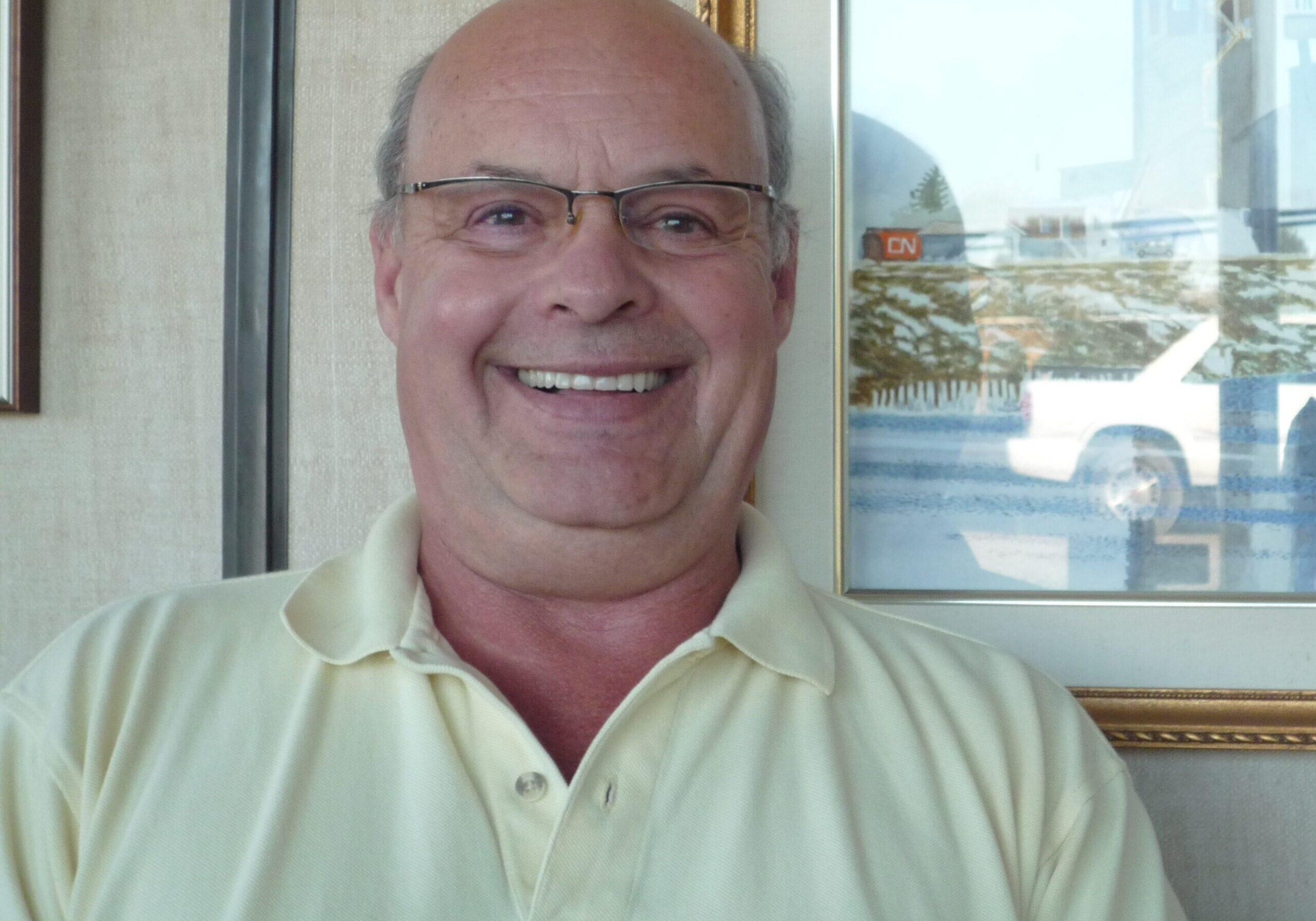
Maurice Mailhot
Owner: Western Grain By-Products
Maurice Mailhot received a grain elevator as a gift from his father, who purchased the decommissioned terminal for $51. His father was no stranger to Thunder Bay's grain industry, having already pioneered the grain pellet industry in town. In Maurice's interview, we get the unique view on what it takes to open up a new elevator almost from scratch, from overhauling the power systems to hiring the right staff. Maurice's vision for the elevator was as a handler of niche grains - not competing with the larger operations on the waterfront, but complementing them and taking the small lots of mustard, pulses, or oilseeds they didn't want. Despite the many challenges of operating against huge conglomerate elevator companies, Maurice doesn't consider his work to be work - it's all fun.
Snippet
Full Interview
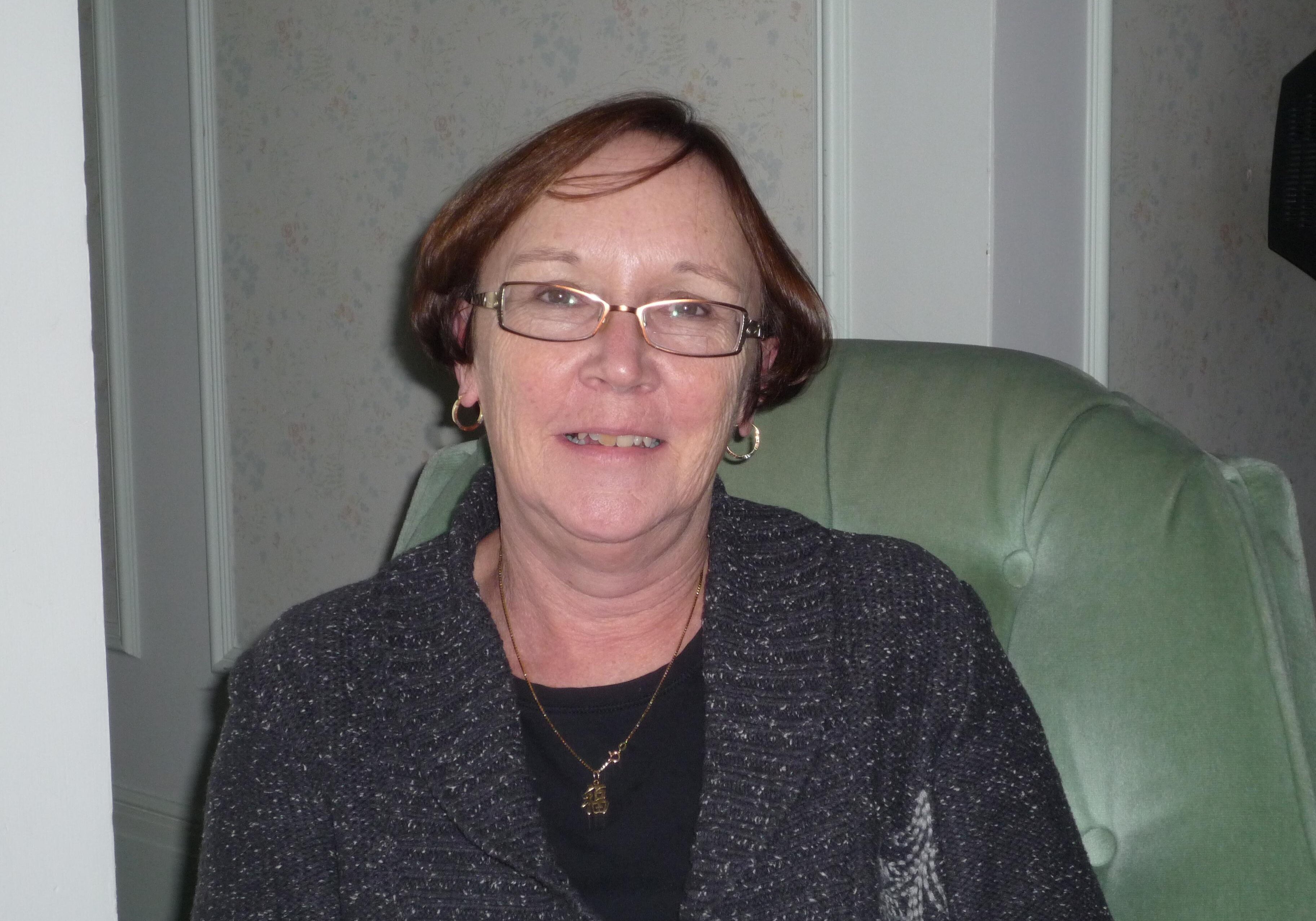
Linda Malcolmson
Professor: Canadian International Grains Institute
Linda Malcomson became a professor of foods and nutrition in 1979, and taught until 1998. Afterwards, she worked a high profile position with the Canadian International Grains Institute. She discusses the history of oilseed in Canada, and the progression of various crops in Canada. As she explains, the sophistication of grain types and production methods have advanced significantly in her time (and with her help). Linda also talks a lot about pulses - a category of crops that consists of peas, beans, and lentils. She has a great deal of praise for the scientists she worked with.
Snippet
Full Interview

Brian Mallon
General Manager of Terminals: Manitoba Pool Elevators
Brain Mallon is one of the many Mallons who worked in Thunder Bay's grain industry. After getting a hint from his father than the elevators would be hiring, Brain joined up with Manitoba Pool as a general summer labourer in the car shed. Brian's father John Mallon made sure not to treat his sons any differently than other employees, so Brian worked his way through the different elevator departments from the bottom. His keen interest in the union and labour relations made him stand out for the position of foreman, from which he stayed in management all the way up to the position of General Manager of all MPE terminal elevators, just like his father before him. Brian shares his in-depth knowledge of all aspects of the elevator's operations, and he offers the listener vivid memories of his career and the changes that occurred within it.
Snippet
Full Interview
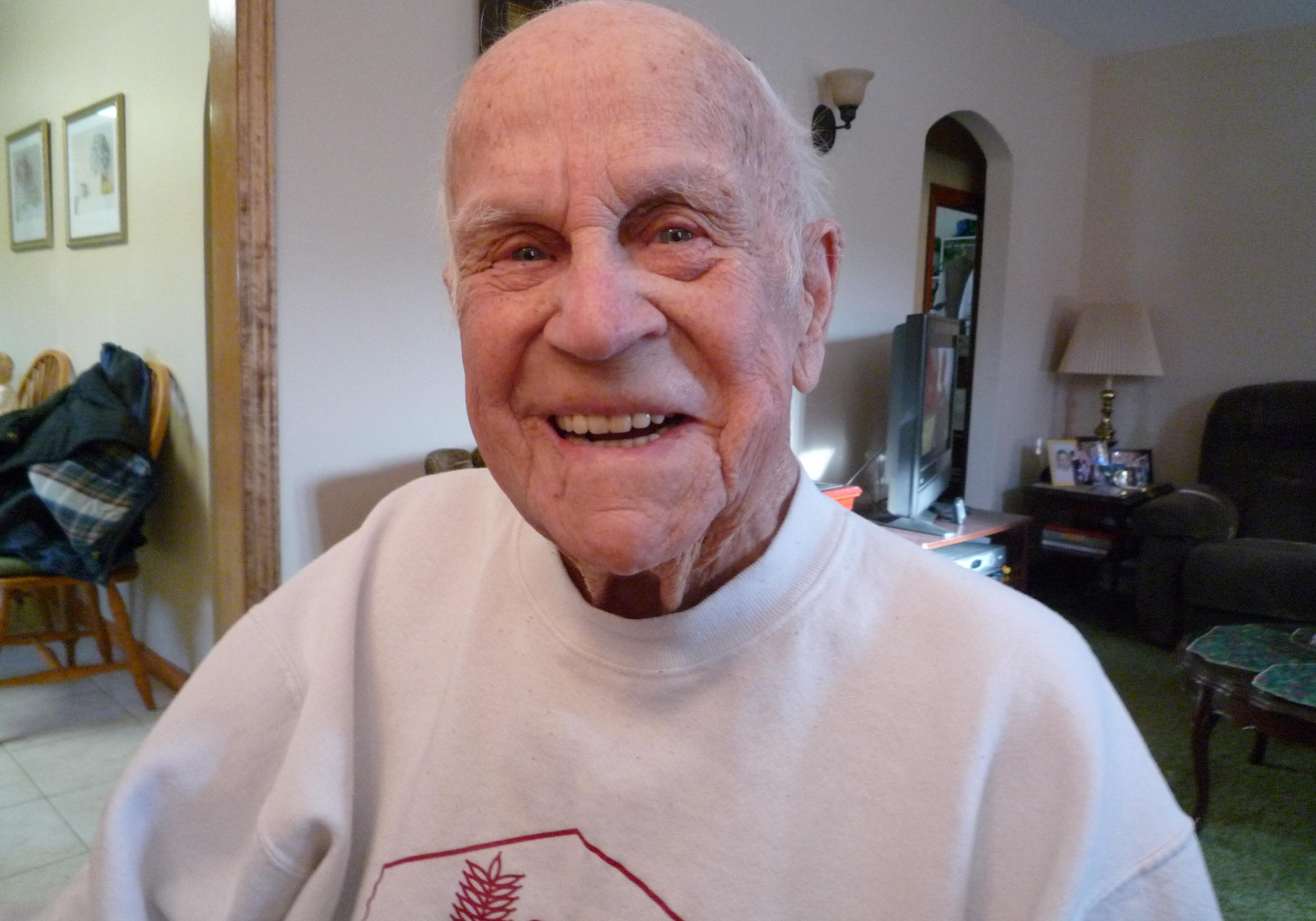
John Mallon
General Manager of Terminals: Manitoba Pool Elevators
John Mallon began working at Manitoba Pool Elevators in 1935 after his father, a grain inspector, helped him find a job. He began by shovelling box cars, but worked up the ranks until he was general manager. John gives much praise to the farmers of Manitoba. He describes working early hours and having a high level of responsibility - yet he thoroughly enjoyed this job. Mr. Mallon also talks about the wartime storage silos - huge warehouses that have now been completely decommissioned. His recount is quite interesting, as it is not often that you get to hear the stories from someone who started working in the industry over 80 years ago!
Snippet
Full Interview
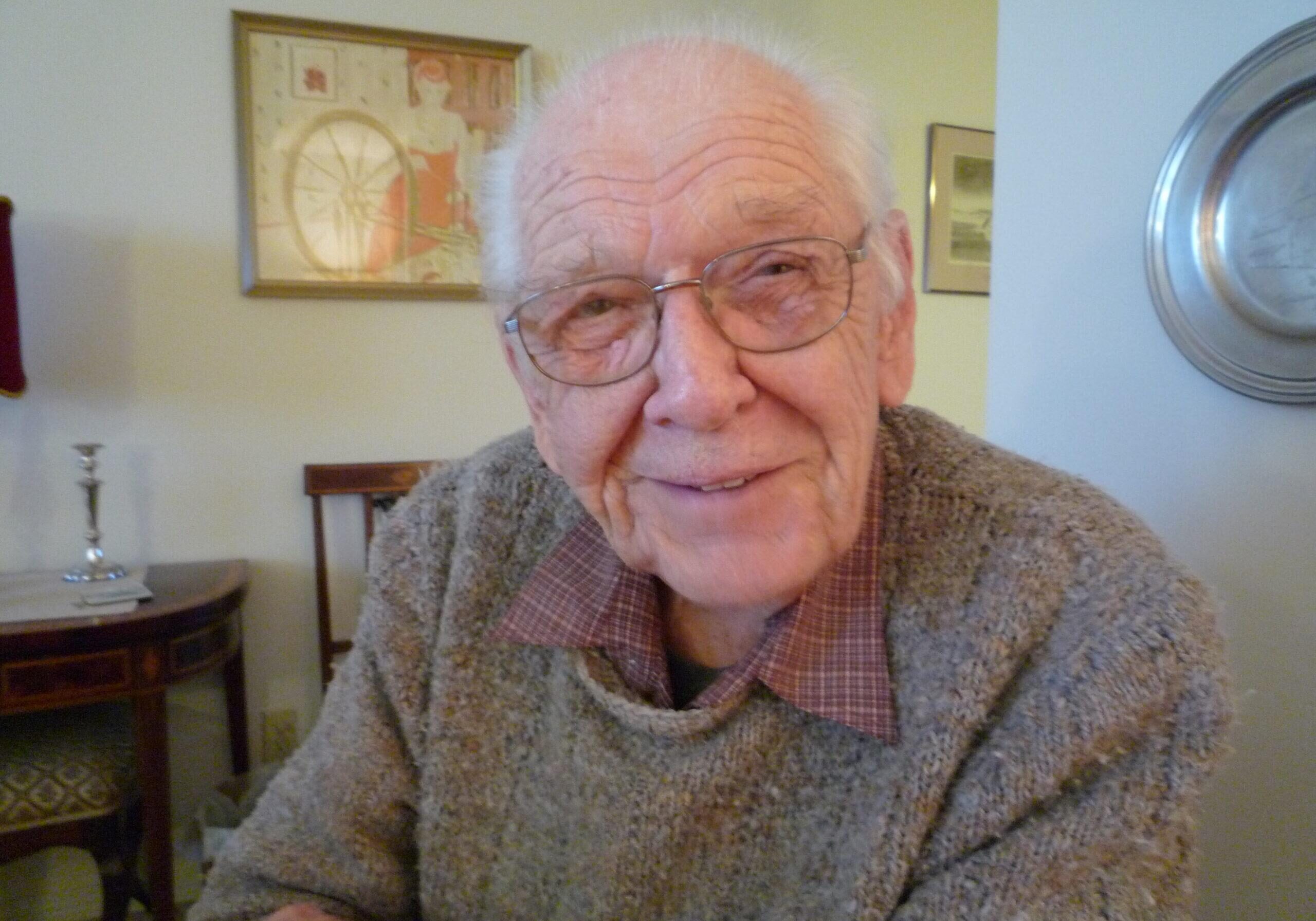
Roland Mann
Ship's Agent, Owner: Lakehead Shipping Company Ltd.
After sailing on the ocean for both commercial and Navy ships, Roland Mann learned the behind the scenes business of shipping from shore in England. His experience caught the attention of Hamilton Shipping in the Great Lakes, and he ventured over to Canada to assist in expanding their businesses to the Lakehead, where Roland was given ownership of the new Lakehead Shipping Company. As the St. Lawrence Seaway was about to open, his first task was to take stock of whether the port of Thunder Bay could handle ocean ships. Roland shares many tales of his work to bring Thunder Bay's shipping infrastructure and needed organizations up to shape, as well as tells the story of the first ocean vessel to dock in the harbour. Roland explains in-depth the drawing up of a "charter party" for ocean ships, and he recalls some of the challenges of making sure the contract was adhered to to a T.
Snippet
Full Interview
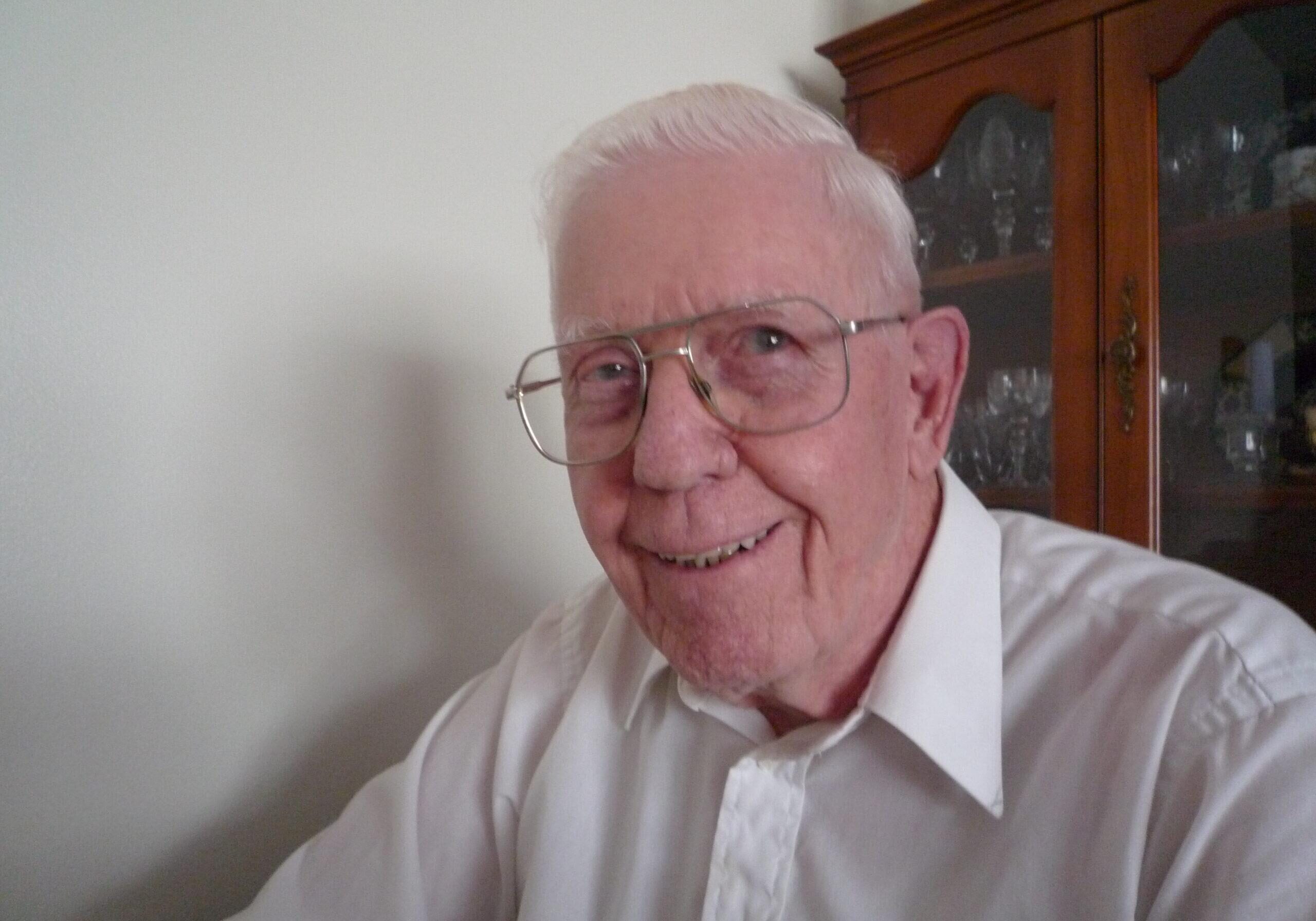
Larry Marrier
Storyteller
Although Larry Marrier didn't have a career in the grain industry himself, he volunteered for the project to share his father's experiences as a long-time grain trimmer. Larry shares the story of his father, Ambrose Marrier, starting out in elevator construction before joining the ranks of the Grain Trimmers Association, of which he eventually became the head. Larry recalls watching his father at work, and gives accurate descriptions of the skilled, specialized work this group did.
Snippet
Full Interview
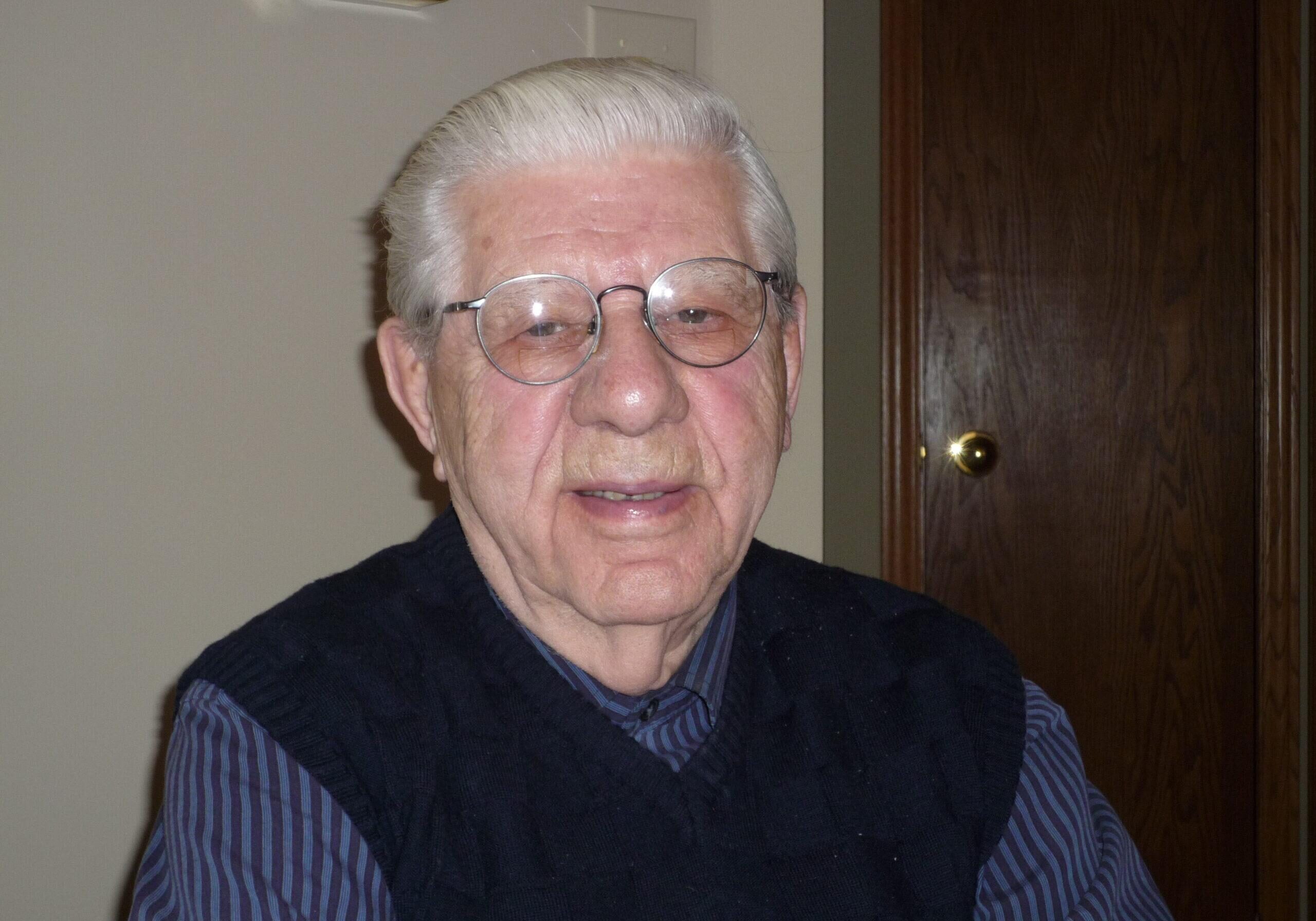
Victor Martens
Director: Canadian Grain Commission, Canadian International Grains Institute
Victor Martens' family moved to Canada from the Soviet Union in the mid-1920s, where they were immediately challenged with the hardships of Canadian weather and the incoming Great Depression. Vic hired on at the CGC's Grain Research Lab in 1940, eventually moving up to head of the Lab and into an executive position at the CGC. In his first interview, Vic recounts the multitude of projects he was involved with that improved the standard methods of inspecting and weighing grain across the country, as well as his role in writing the major policy change of the 1971 Canada Grain Act that ushered in protein segregation of grains.
In the second interview, Vic expands on the Research Lab's work to introduce rapid protein testing methods and equipment into the terminals. Vic's next major role was as the first director of the Canadian International Grains Institute. He shares the story of setting up the concept and eventually the physical layout of the Institute, and he tells tales of his travels around the world with Institute participants. Few people have the depth of Vic's historical experience, and his recollections provide a much needed picture of the Canadian grain industry from eras gone by.
Snippet
Full Interview
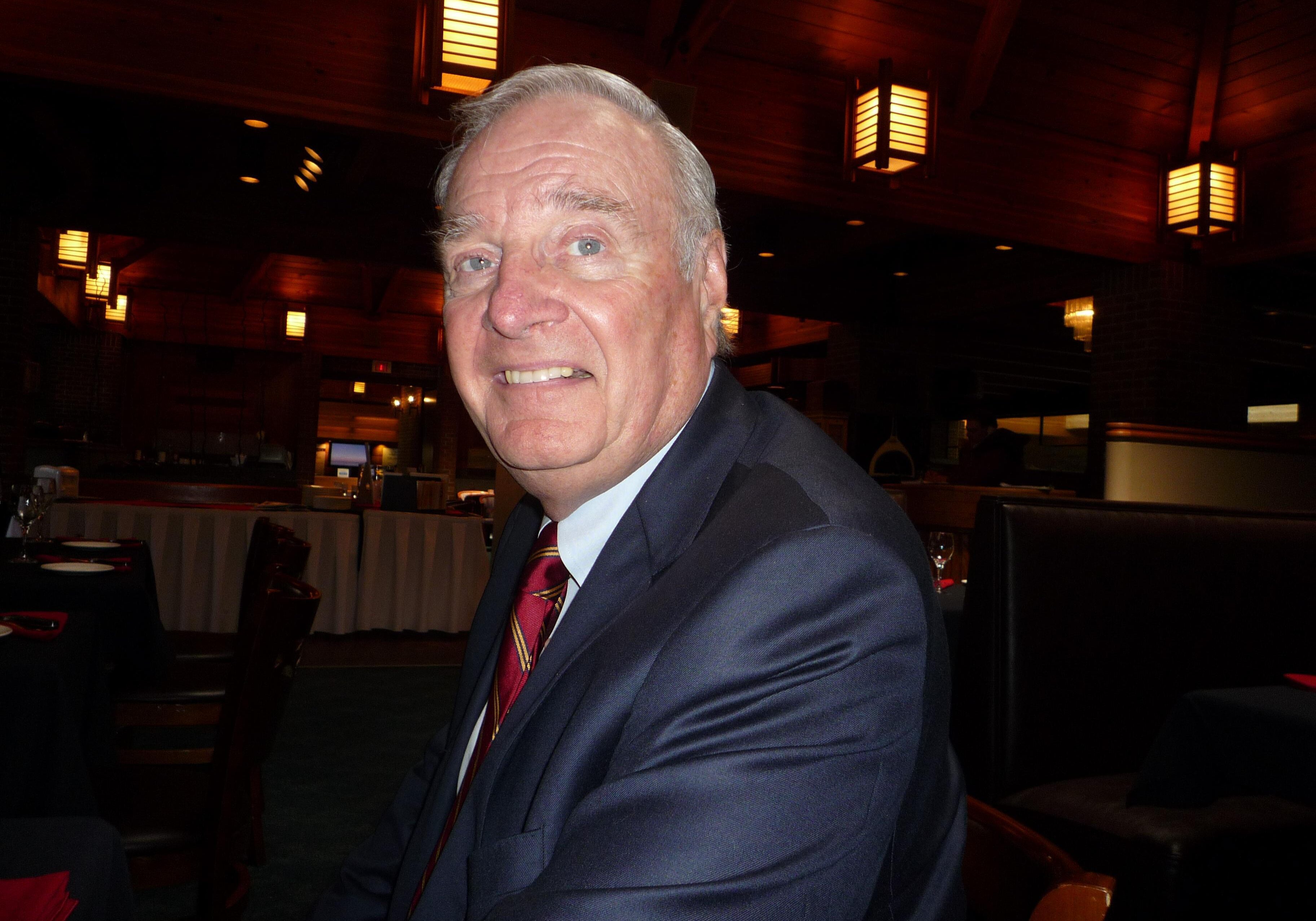
Paul Martin
President, Prime Minister: Canada Steamship Lines
Paul Martin worked as the president of Canada Steamship Lines - a major great lakes shipping company - in 1973. A decade later, he bought the company himself. Paul has a strong connection to the grain industry, being aware of its influence from a young age and continuing to learn about the industry and its importance to the Canadian economy. Another important topic that Paul discusses is the shift in the grain industry from the European market to the Chinese market. Please contact friendsofgrainelevators@gmail.com to listen to the full interview.
Snippet
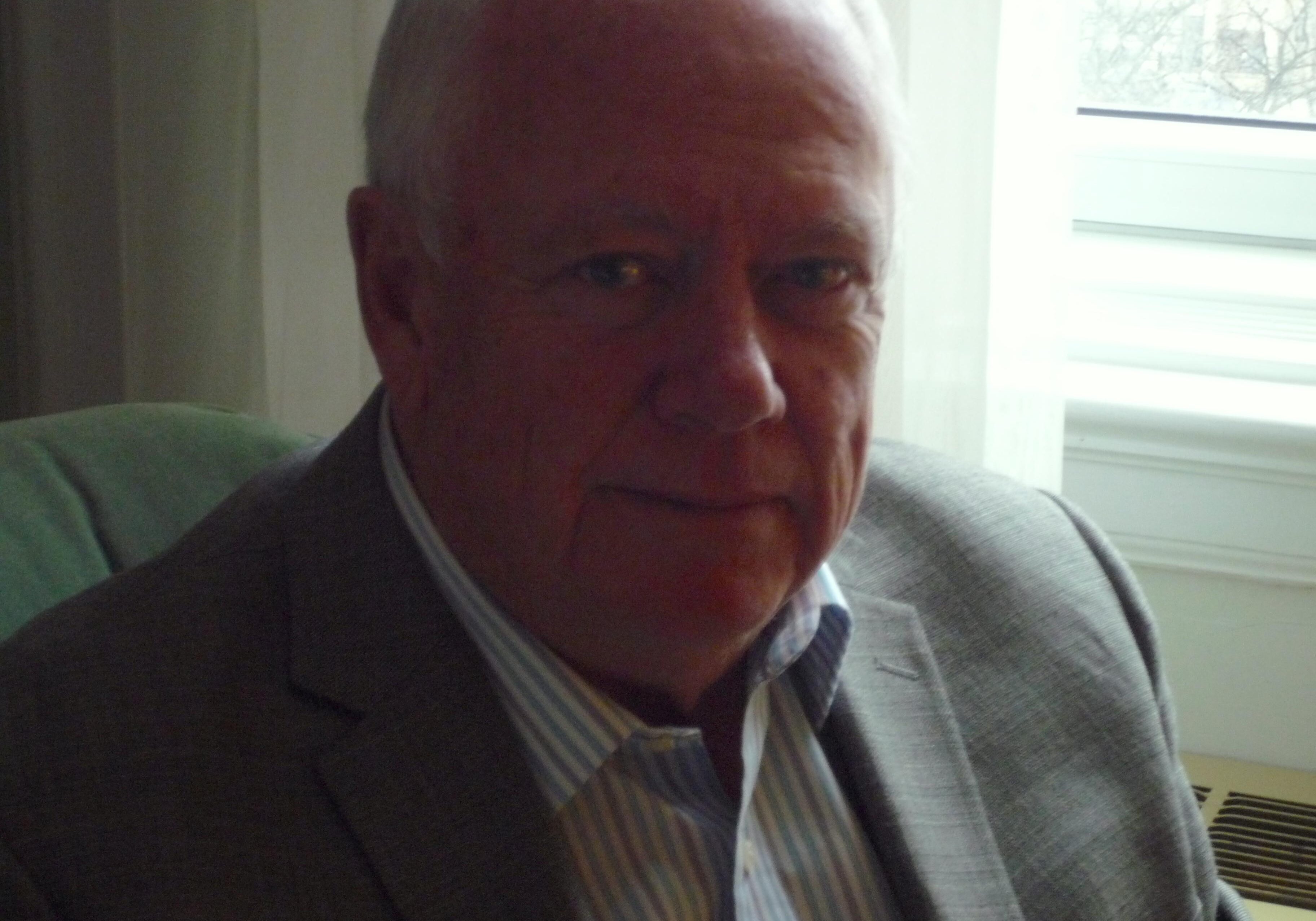
Ken Matchett
Accountant, CEO: United Grain Growers, XCAN Grain
Ken Matchett is a chartered accountant by profession, and has worked in marketing and country operations for UGG, as well as being CEO of XCAN Grain. His work when he began at UGG was very important: he introduced a great deal of computerization and automation. Ken is proud of the fact that at one point while he worked there, UGG represented ⅔ of the grain going in and out of Thunder Bay. When he moved into marketing, he was quite good at that as well. This part of the industry is extremely interesting, as it involves marketing towards other countries on a massive scale. Ken also talks about the shift from European to Asian markets, and the effect that had on his work life.
Snippet
Full Interview

Richard Maundrell
Grain Labourer: United Grain Growers
Like many university students, Richard Maundrell paid for his schooling by working summers in the grain elevators. Richard recalls his years as a labourer at UGG A working in the car shed, on the cleaner deck, and on the bin floor moving spouts. Richard describes the culture of the elevator workplace, especially the unwritten codes of brotherhood that the union men upheld. He also tells the story of a broken leg he received after an accident in the car shed. After over a year of healing, Richard returned to the work for a final summer to finish of his elevator career during the industry's "golden years".